Switzerland, a land of surprises
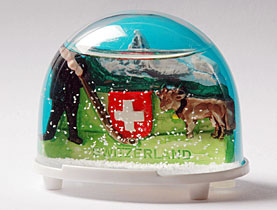
Cheese, chocolate and banks make up many people's view of Switzerland. But what about actor Yul Brynner or philosopher Jean-Jacques Rousseau?
Historian Leo Schelbert has been taking aim at some of the clichés surrounding the country, while also trying to explain the diversity and complexity of this small but successful nation.
It took three-and-a-half years for Schelbert, a Swiss citizen and emeritus professor of history at the University of Chicago at Illinois, to compile his Historical Dictionary of Switzerland, which has been published in the United States.
“It was aimed at the American audience but also beyond, trying to show that the country is not a negligible little thing somewhere with chocolate and some mountains, but a vibrant industrial nation that is involved in all the great and sometimes bad things that happen in the world,” Schelbert told swissinfo from Chicago.
While chocolate and cheese do not make it into the book, banking and the Alps most certainly do. We learn for instance that the alpine passes, which connected northern Europe to the south, were central to the formation of Switzerland as a separate nation.
The peaks, so dominant in Switzerland’s landscape, have become symbols of Swiss independence and neutrality. Folk hero William Tell, he of the apple-shooting feat, was a mountain man.
There are surprises too: the dictionary reveals that Yul Brynner’s father was Swiss and that the actor most likely attended a school in canton Aargau. Some, associating Rousseau strongly with France, may not have realised that the philosopher was born in Geneva, the son of a watchmaker.
Unfathomable?
But explaining how multilingual, multi-layered Switzerland works is no easy task. Indeed, the preface points to how Switzerland’s complexity and diversity “make it harder to fathom than most other places”.
One of the main problems is that most nations, the United States included, are centralist, with one main figure at the head of the country. People only really choose whom they put into government, says Schelbert.
The Swiss, however, are federalist, meaning that the 26 cantons have a say in running the country. People can also vote on various issues, such as at the end of November when they accepted the government’s policy of prescribing heroin for hardcore addicts.
The multiparty, seven-member cabinet reaches its decisions by consensus.
“The Swiss system doesn’t even have a president – it’s only a nominal, honorific post with no special powers and the government is an executive. This is not easily understood,” Schelbert said.
Neutrality
Another area which people find “hard to fathom” is neutrality, described by Schelbert as “Switzerland’s fundamental foreign policy principle”.
Neutrality came under particular fire in the US after the Second World War and again in the early 1990s when Swiss banks were accused of harbouring Jewish gold confiscated by the Nazis and the country of turning back refugees at its borders during the conflict.
“Opponents have called Switzerland’s position of neutrality anachronistic, immoral and selfish; proponents view it as the basis of the nation’s survival as an independent and democratic state and the foundation of its extensive mediating of international Good Offices,” writes Schelbert under the entry for neutrality.
He argues that the Good Offices – mediation between parties – show how neutrality became tied to solidarity and the promotion of peace.
Switzerland is also the home of many humanitarian organisations, including the Swiss-run International Committee of the Red Cross, which monitors the Geneva Conventions on the treatment of civilians and combatants in times of war, he adds.
“The dictionary was not aimed at being nationalistic or praising, not at being condemning or critical – it is simply trying to show the richness of Switzerland’s history, its four language regions and its global involvement,” Schelbert said.
A Swiss abroad
The 79-year-old academic is well placed to write such a tome, which is not to be confused with a Swiss lexicon of the same name: he has spent many years teaching US history, especially on immigration.
In 2006 Schelbert received the Swiss expatriate prize, awarded to an outstanding member of the Swiss abroad, for his work into Swiss migration to the US and for his efforts to support expats. He is also a long-time member of the Swiss American Historical Society.
The dictionary is dedicated to the Swiss and their descendents abroad, of which there are an estimated one million in the US alone.
The work was a real labour of love for Schelbert, who, in his own words, had to become “a jack of all trades”, with entries ranging from the canton of Aargau to the great protestant reformer Ulrich Zwingli.
The book may contain weaknesses, being subject to one person’s view, and not every one may agree with his choice of entries, Schelbert admits. In a second edition, he would like to include more women’s biographies.
However, all in all, “it was a privilege to be allowed to formulate my own vision,” he said.
swissinfo, Isobel Leybold-Johnson
The Historical Dictionary of Switzerland was published by Scarecrow Press in the US in 2007. It is number 53 in the Historical Dictionaries of Europe series.
The volume is not to be confused with the Swiss lexicon of the same name, currently being produced in the national languages in Switzerland.
It is meant as a work of reference for the Swiss abroad, diplomats, the business world and journalists.
Author Leo Schelbert was born in Kaltbrunn, canton St Gallen, in 1929. He left for the US in the 1960s and taught history at the University of Illinois in Chicago from 1971-2003.
Schelbert is a long time member of the Swiss American Historical Society, which seeks to promote a better understanding of the involvement of Swiss and Swiss-Americans in the affairs of the US.
It was originally set up in 1927 by three Swiss men who were, to quote one of them, “annoyed and concerned by that fact that every outstanding person of Swiss origin was claimed by some other nation”. This meant, for example, that German-speakers were termed Germans.
After stalling in the 1950s, the society was relaunched in 1964. Among its main tasks is to support publications, such as on the Amish of Berne, Indiana, or Switzerland’s role during the Second World War. It also publishes a journal.
It now has around 200 members. The society also helps deepen genealogical ties, for example Schelbert helped one US dentist trace his ancestor’s letters in Basel.

In compliance with the JTI standards
More: SWI swissinfo.ch certified by the Journalism Trust Initiative

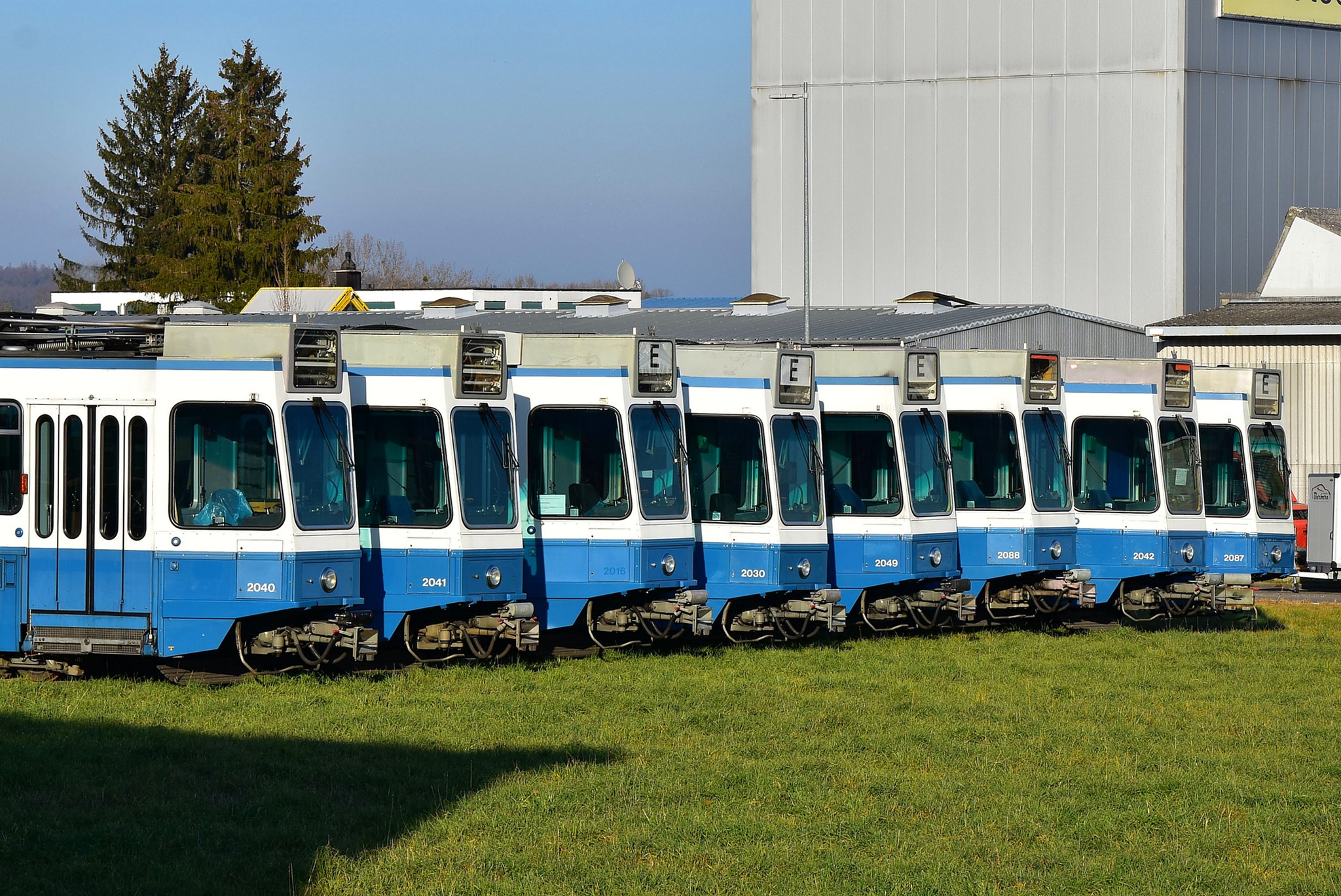






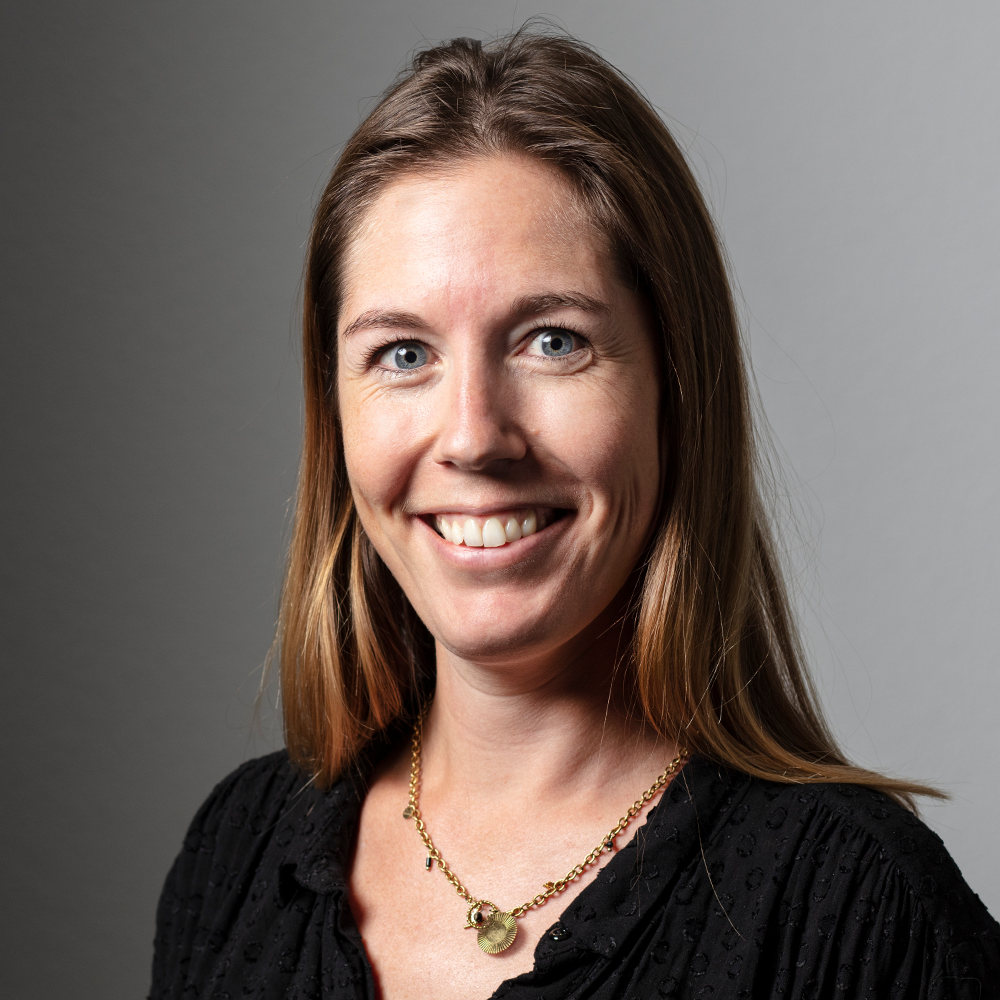
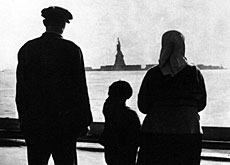
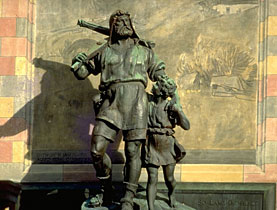
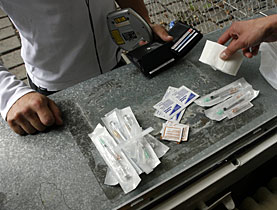

You can find an overview of ongoing debates with our journalists here . Please join us!
If you want to start a conversation about a topic raised in this article or want to report factual errors, email us at english@swissinfo.ch.